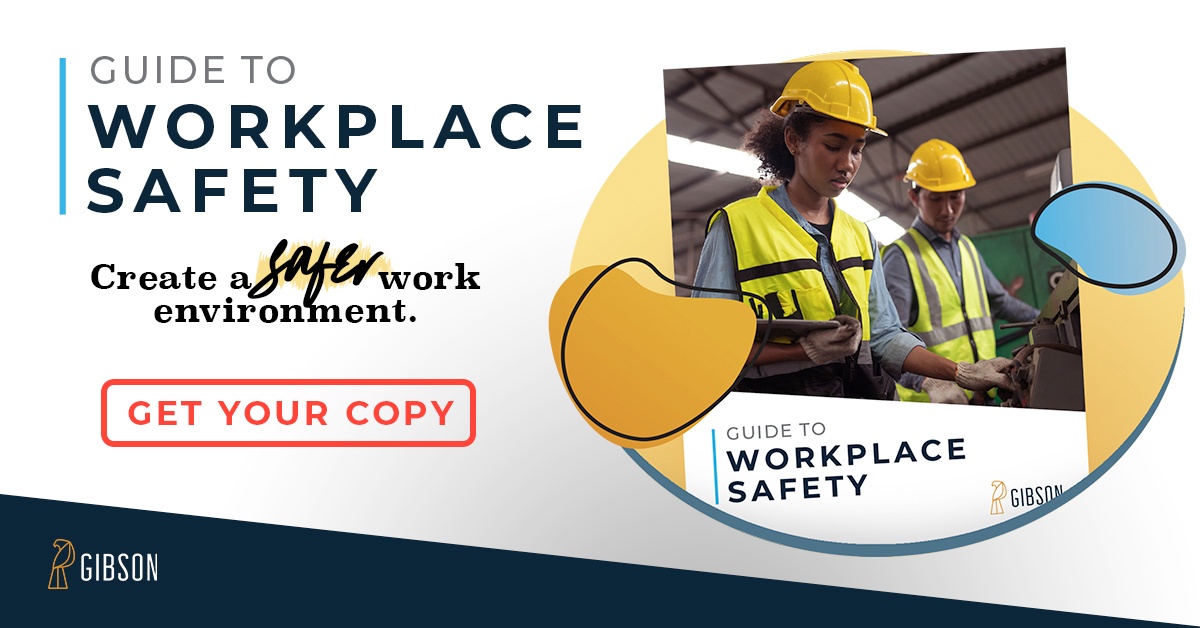 Most people carry a risk in their pocket. That's right! Your cell phone may be a problem waiting to happen.
Most people carry a risk in their pocket. That's right! Your cell phone may be a problem waiting to happen.
These days, it can be hard to imagine life without a cell phone. It keeps you in touch with family, friends, and work; helps you shop, bank, and find a short cut on the road; and lets you call help in an emergency, change travel arrangements, take pictures, and listen to your favorite tunes.
But, there is a downside, too
Cell phones are not only expensive, they can also pose problems that affect your health and wellbeing:
- Ear damage: Some preliminary research has shown a significant loss of high-frequency hearing in men between 18 and 25 who use their cell phones for more than one hour/day for over four years.
- Cancer concerns: Cellular phones emit non-ionizing electromagnetic radiation. The amount depends on the phone, the extent of the use, and the distance between you and the antenna. Such radiation can be absorbed by tissue, but there is no firm evidence of a causal connection with cancer of the brain or tissues in areas around the ear.
- Driving distraction: The connection between cell phone use and driving accidents is well documented:
- Text messaging results in drivers taking their eyes from the road an average of 23 seconds per exchange.
- Cell phone use - reaching, searching contacts, dialing, accepting calls - increases the risk of a crash or near crash by three times.
- Hands-free phoning involves visual and manual tasks associated with a higher risk of accidents.
Any Risk Requires Management
The risks posed by cell phones are significant enough that they warrant attention, both by individual users and by employers. A high profile example is with a Corpus Christi court that found Coca Cola guilty of not having a clear and unambiguous policy on cell phone use by its truck drivers - to the tune of $21 million!
This case highlights the importance of several measures employers can take to reduce their exposure in cases involving cell phone use:
- Employers must write and publish clear policies on the use of cell phones by company employes or contracted drivers. This includes anyone calling, texting, or using cell phones for administrative purposes. These policies must be communicated broadly and regularly. Monitoring of worker adherence is key. Not sure where to start? Ask for help from your commercial insurance advisor.
- Employees expected to use cellular phone technology as a regular part of their job should be warned of possible health damage. If your company has a workers' comp risk manager, they should be equipped to measure usage and suggest preventive tactics. If not, this is an item to discuss with your your workers' compensation coverage provider or risk advisor.
- Employers are advised to educate all employees of the health risks involved with heavy cell phone usage.
As risks and the data testifying to the risks increases, litigation is sure to follow. Anything that poses a health or accident risk to employees is also a potential financial risk to employers. It's never too early to develop strategies to manage these risks.
If you have questions, contact your Gibson risk advisor.




